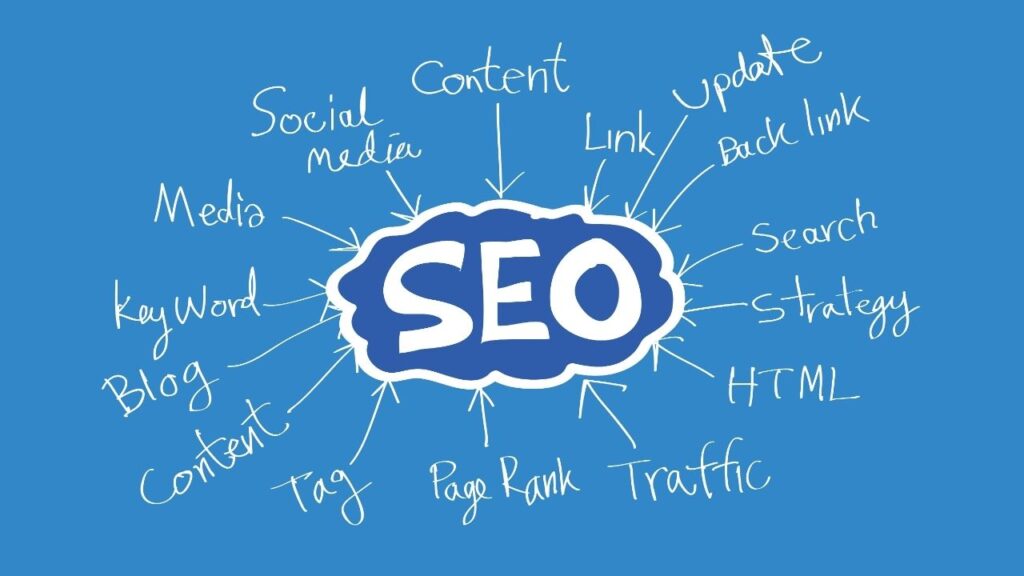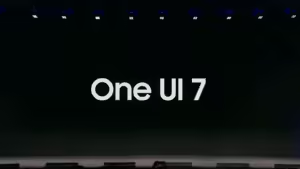
The Ultimate Guide to SEO in Digital Marketing In
Search Engine Optimization (SEO) is a critical component in the realm of digital marketing, focusing on increasing a website’s visibility on search engine results pages (SERPs). This comprehensive guide explores the significance of SEO, its components, tools, and best practices, along with a step-by-step approach for beginners.
📚 Table of Contents
- What is SEO?
- Why is SEO Important?
- Types of SEO
- How Google Earns Money from SEO
- How Sites Dominate by Mastering SEO
- Ultimate SEO Optimization Tips
- Tools to Enhance Your SEO
- How to Start with SEO: A Beginner’s Guide
- FAQs
- Comment Section
🔍 What is SEO?

SEO stands for Search Engine Optimization, which refers to a set of practices aimed at enhancing the quantity and quality of traffic to a website through organic search results. SEO is composed of various strategies:
- Keyword Research: Finding and implementing relevant search terms to match user inquiries.
- On-Page SEO: Optimizing content, titles, meta descriptions, and internal links.
- Off-Page SEO: Building backlinks and improving online reputation.
- Technical SEO: Ensuring the website is accessible and indexable by search engines.
Why is it Called “Long Tail Keywords”?
The term “long tail keywords” refers to specific phrases, typically consisting of three or more words. These keywords may have lower search volumes but often yield higher conversion rates due to their specificity, making them valuable for targeting niche audiences.
🚀 Why is SEO Important?
SEO is crucial for multiple reasons:
- Increased Visibility: Higher rankings on SERPs lead to more traffic and brand awareness.
- Credibility and Trust: Users tend to trust websites that appear at the top of search results.
- Cost-Effectiveness: Compared to paid advertising, organic traffic through SEO is often more sustainable.
- User Experience: Well-optimized websites provide a better experience, leading to higher engagement and conversions.
📊 Types of SEO
Understanding the different types of SEO is vital for a successful strategy:
- On-Page SEO: Focuses on optimizing individual pages to improve rankings, including content quality and keyword placement.
- Off-Page SEO: Involves building backlinks and establishing domain authority through external factors.
- Technical SEO: Addresses site architecture, speed, mobile-friendliness, and other technical aspects that influence search visibility.
- Local SEO: Targets users in specific geographic locations, optimizing content for local searches.
💰 How Google Earns Money from SEO
While SEO itself is organic, Google benefits from it in several ways:
- Google Ads: Many businesses supplement their organic rankings with paid ads.
- Google Analytics: Companies use these tools to gauge the effectiveness of their SEO efforts, often investing in premium features.
- Paid Services: Businesses frequently turn to premium SEO services to achieve quicker results.
🚀 How Sites Dominate by Mastering SEO
Successful websites utilize various strategies to outperform competitors:
- Understanding User Intent: Creating content that specifically answers user queries.
- Building Authority: Establishing E-A-T (Expertise, Authoritativeness, Trustworthiness) to gain Google’s favor.
- Continuous Improvement: Regularly updating content to align with changing algorithms and user behaviors.
🛠️ Ultimate SEO Optimization Tips
- Keyword Research: Utilize tools to find relevant short-tail and long-tail keywords.
- Quality Content: Produce valuable and relevant content regularly to engage users.
- Mobile Optimization: Ensure your site is responsive and user-friendly on mobile devices.
- Technical Checks: Regularly audit your site for loading speed, broken links, and crawl errors.
- Backlink Strategy: Focus on obtaining quality backlinks from reputable sites.
- Engagement Metrics: Track metrics like bounce rate and session duration to assess user engagement.
🛠️ Tools to Enhance Your SEO
Here are some essential tools that can help improve your SEO efforts:
- Google Keyword Planner: For discovering relevant keywords.
- SEMrush and Ahrefs: For competitive analysis and keyword tracking.
- Moz: Provides insights into local SEO strategies.
- Yoast SEO Plugin: Assists with optimizing content in WordPress.
- Google Search Console: Monitors your site’s performance and identifies issues.
🛠️ How to Start with SEO: A Beginner’s Guide
Starting with SEO can seem daunting, but following these steps can help simplify the process:

Step 1: Understand the Basics
Familiarize yourself with SEO concepts, terminology, and the factors affecting search rankings.
Step 2: Keyword Research
Use tools like Google Keyword Planner or SEMrush to find relevant keywords for your niche. Focus on long-tail keywords to target specific audiences.
Step 3: Optimize Your Website
- On-Page SEO: Create high-quality content that answers user queries, and optimize meta titles, descriptions, and headings.
- Technical SEO: Ensure your website is mobile-friendly, has fast loading times, and uses HTTPS.
Step 4: Build Backlinks
Develop relationships with reputable sites and create valuable content that others want to link to. Guest posting is also a great way to earn backlinks.
Step 5: Monitor Your Progress
Use Google Analytics and Google Search Console to track your traffic, rankings, and user engagement. Adjust your strategy based on data insights.
Step 6: Continuous Learning
SEO is an evolving field. Stay updated on the latest trends, algorithm changes, and best practices by following industry blogs and forums.
❓ FAQs

- What is SEO?
- SEO is the process of optimizing a website to improve its visibility in search engine results.
- Why is SEO important for businesses?
- It helps drive organic traffic, builds credibility, and is a cost-effective marketing strategy.
- How long does SEO take to show results?
- Typically, it takes about 3-6 months to see significant improvements in rankings and traffic.
- What is the difference between on-page and off-page SEO?
- On-page SEO refers to optimizing content and site structure, while off-page SEO focuses on backlinks and external reputation.
- What are backlinks?
- Backlinks are links from other websites that point to your site, which help improve its authority.
- How does Google rank websites?
- Google uses over 200 factors, including content relevance, user engagement, and site speed.
- What is local SEO?
- Local SEO focuses on optimizing a business’s online presence for local searches and audience.
- How can I improve my site’s SEO?
- Use a combination of keyword optimization, quality content, and technical enhancements.
- What are Core Web Vitals?
- Core Web Vitals are metrics that assess the user experience, focusing on loading speed, interactivity, and visual stability.
- What is the future of SEO?
- The future will likely see increased focus on voice search, AI integration, and personalized user experiences.
💬 Comment Section
We invite you to share your thoughts! Please leave a comment below to discuss your experiences or ask any questions regarding SEO.
Mastering SEO is essential for thriving in today’s digital landscape. By understanding its principles and employing effective strategies, businesses can enhance their visibility, attract more customers, and achieve long-term success. Start your SEO journey today!
























Post Comment